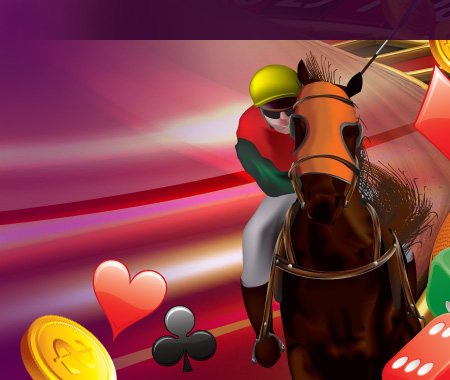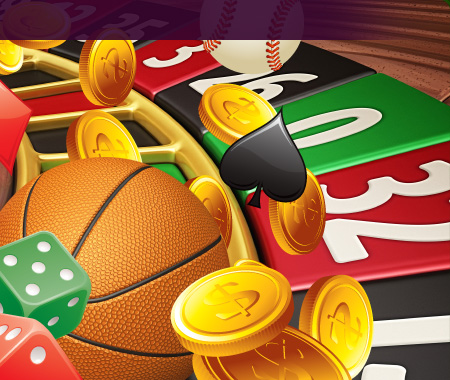Poker Dead Hand
Dear Mark,
I have a question concerning Poker dead hand. Here's the scenario: I'm playing Texas Hold'em Poker heads up till the river card. First position bets, I call and turn over my cards. First position is excited he won, slams his cards on the table face up, but one card falls on the floor. What is the correct ruling? Isn't it a Poker dead hand when the card leaves the table? Larry R.
There is nothing better, Larry, than when you've dead meat holding a crappy hand, and an opponent hits a straight flush on the river and slams the hand down in excitement yelling, "Beat that, Sucker!" only to have one of the cards bounce off the table and onto the floor. Too bad, so sad, you're now glad. He just lost all interest in the pot. The hand, Larry, is forfeited once that card falls off the table.
According to the rules of just about every poker room you'll ever play in, any card not in play, or one that cannot be played for some technical reason, like a card being dropped on the floor, by either the dealer or an overly excited player, creates a Poker dead hand. The player must "have it and show it", meaning to complete the hand, the player must present two cards, and it wouldn't have mattered if the card that flew off was or was not needed to complete the straight flush. Once any card leaves the sight of fellow players, there is no way to verify that the card that comes off the floor was the same card that left the table. Calling it dead, Larry, protects the integrity of the game.
There is one exception. Say for instance that nobody called first position's hand and everybody folded, and first position in his exuberance slams his cards on the table. Even if one card flies off the game, the winning pot would still be his.
Dear Mark,
Last week you stated that there was no difference between playing one coin and five coins in regards to what hand that appears on the screen. But wouldn't playing one coin affect the possible future value of the hand? Gayle F.
You are correct, Gayle, in that if you don't play the maximum coin amount on most video poker machines, the royal flush's return would be affected since, on a Jacks-or-Better machine, that would be an example of a hand whose per-coin payoff is different with five coins played. Playing short can reduce the long-term payback by up to 1.5%.
Another example would be in some double-pay Deuces Wild games where you receive double pay on four deuces, but only if you play five coins. If you play less than the maximum coin amount, your long-term payback can be reduced by over five percent.
Dear Mark,
In video poker, which is more valuable, a pair of Jacks or a pair of Aces? Keith B.
It depends, Keith, on the type of video poker machines you are playing. Take for example "Bonus" machines, where four aces pay a lot more than four Jacks. The "bonus" on Bonus poker machines is for certain fours-of-a-kind. For 2s, 3s, and 4s, you get 40-to-one, and four aces gives you 80-to-one instead of 25-to-one which is standard on a Jacks or Better machine. On Bonus machines, two aces obviously would be worth more than a pair of Jacks. But your typical Jacks or Better machines, just return your money, so neither hand would be more valuable than the other.
FROM OUR EMAIL
- Black Jack Tips
- Craps Strategies
- Four Card Poker
- Jacks or Better Basic Strategy
- Roulette Strategies
- Slot Machine Strategies
- Video Poker Tip



